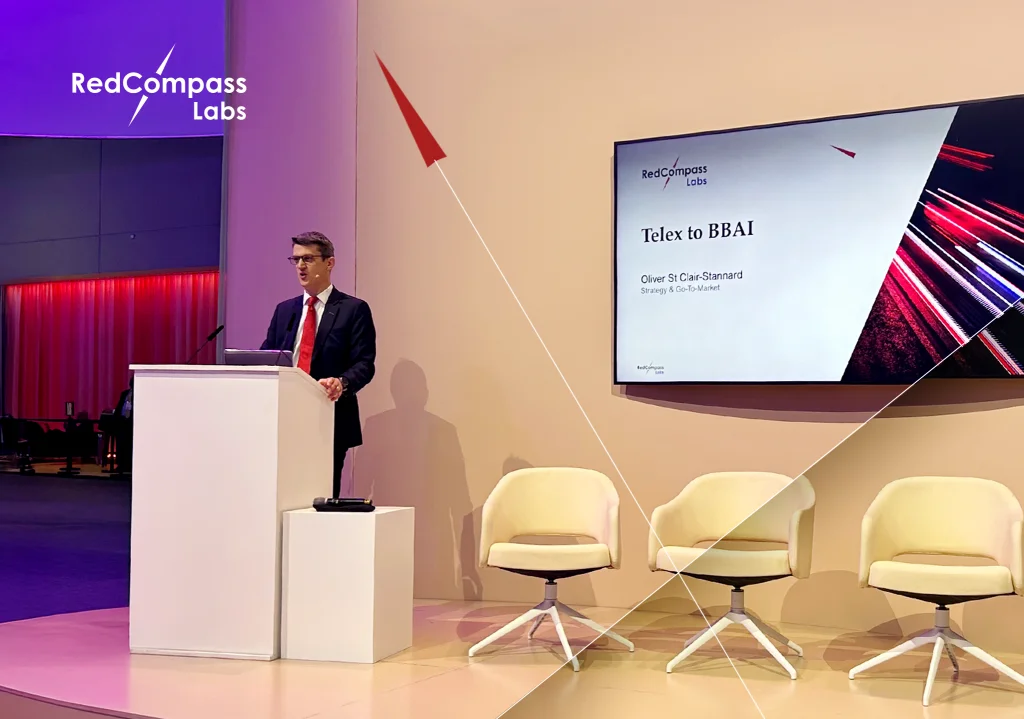Around 100 countries now offer an instant payment scheme. Nowhere can these advancements be better seen than in India and Brazil. Money flows magically from multinational businesses to tradesmen, restaurant workers and buskers. It arrives faster than ever before and as needed, reducing working capital and risk, and enhancing financial inclusion.
The more developed world is, ironically, behind. Despite instant payments being available for over half a decade in Europe, cards are still the de facto payment method in retail, much to the annoyance of the European Payments Council.
But Europe is taking a huge leap forward with new legislation that will make around-the-clock instant payments the new normal. All non-cash payments in Euros will soon take no longer than 10 seconds and will be made any time of the day, any day of the year.
It’s an exciting development, but the deadlines are tight. Banks, already extremely stretched delivering the migration to ISO 20022, must be able to send and receive instant payments by the end of 2025.
That means your internal systems must be ready to handle the increased volume and speed of transactions. You will need to cover downtime and system outages while recording and synchronizing data accurately, in real-time, across various parts of the payment system for it to be reliable. Your systems will need to be scalable, interoperable and secure. And you must consider and combat fraud.
That’s a big ask. There is work to be done and resources to be invested to meet the deadline. Rolling out an instant payments service across all payment channels in time will be challenging, but there is optimism about the benefits and opportunities this regulation will bring. Instant, frictionless payments will become so ubiquitous and intertwined with our lives that, much like running water, we will soon find it incomprehensible how we ever lived without them.
Our research
We recently asked 200 senior payment professionals at European banks how they feel about the upcoming regulations.
The report, “So, you think you’re ready for SEPA instant?” examined their views on the EU’s new instant payment legislation and where they are on their journey to instant payments.
Our research reveals that nearly one-third (33%) of banks that don’t currently offer instant payments were unsure or not confident they would be able to receive instant payments by 9th January 2025, as set out by the legislation.
We also find that European banks are underestimating how many payments they will need to process per second.
As a company at the forefront of payments modernization, we are excited about the journey ahead and are on hand to support European banks through this challenging period which will unlock new levels of payment innovation in Europe and beyond.
Share this post
Written by

Tom Hewson
CEO, RedCompass Labs
Resources






